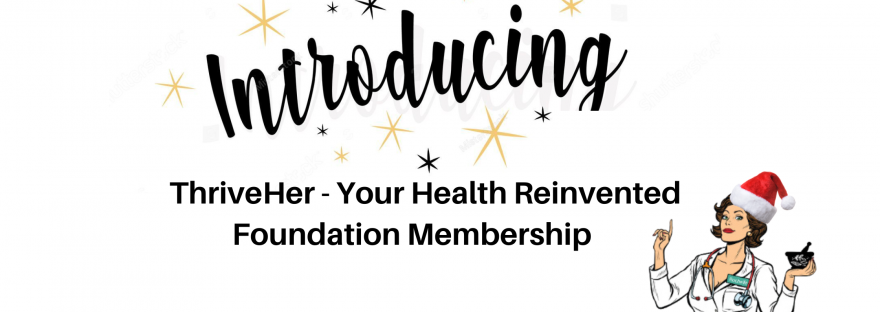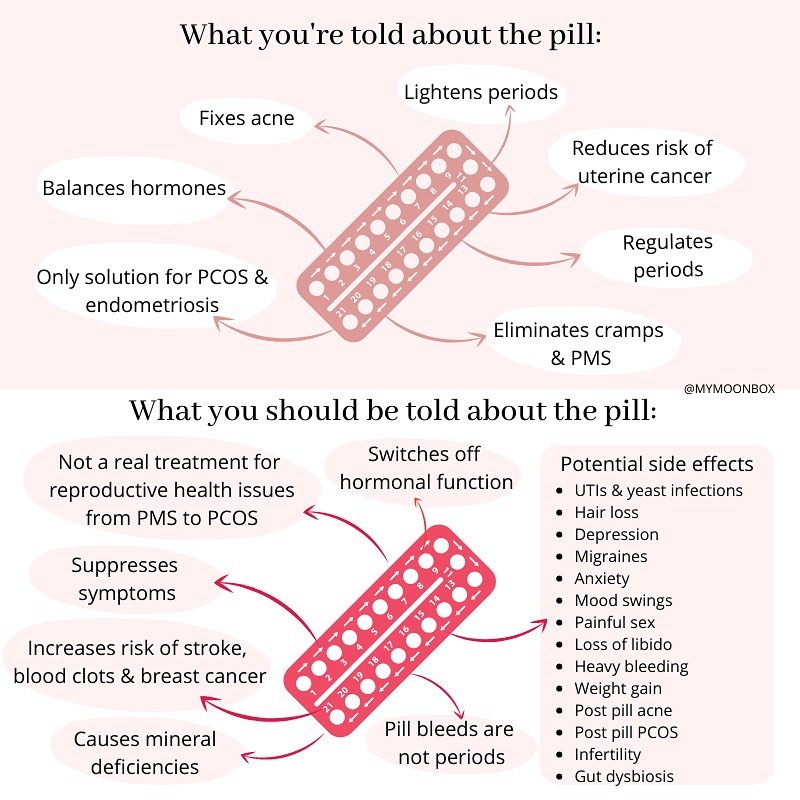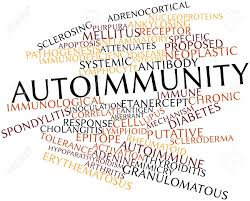Autoimmunity is the result of widespread inflammation which creates an abnormal immune response in which the body starts to attack itself. It often begins when the body is working hard to defend itself against an allergen, infection, toxin or food and it fails to differentiate between this substance and your own body. There are many underlying factors that can predispose someone to develop an autoimmune disease but a diagnosis of an autoimmune condition does not mean you have to resign yourself to debilitating symptoms that get worse and worse over time, or settling for a lifetime of harsh medications.
Here are five strategies I use personally with all of my clients, to address the root causes of their autoimmune disease, restore balance to the immune system, help them off medications (in conjunction with their medical practitioners), become symptom-free, and reverse the progression of their disease.
1. Heal Your Gut
Your gut is your gateway to health. Eighty percent of your immune system resides in your gut and without a healthy gut, it is nearly impossible to have a healthy immune system.
In fact, we now know that having a leaky gut is one of the primary causes, and probably even a prerequisite, for developing an autoimmune disease. If your gut has become leaky it means the tight junctions that usually hold the walls of your intestines together have become loose, allowing undigested food particles, microbes, toxins, and more to escape your gut and enter your bloodstream, causing a huge rise in inflammation that triggers or worsens any autoimmune condition.
The good news is, the cells in your gut turn over very quickly so you can heal your gut within weeks.
Remove the Bad — Remove inflammatory foods, toxins, and stress that damage your gut, as well as gut infections from yeast, parasites, or bacteria
Restore the Good — Replenish enzymes and acids necessary for proper digestion
Reinoculate with Healthy Bacteria — Make sure you have plenty of friendly bacteria to support your immune system
Repair the Gut — Provide the nutrients and amino acids needed to build a healthy gut lining
2. Optimize Your Diet
The foods you eat play a major role in two key components of autoimmune disease — gut health and inflammation. Unfortunately, our modern diets are full of foods that have a negative impact on both.
This includes the usual suspects of processed food and junk food, as well as pseudo health foods such as low-fat and gluten-free packaged foods, which are often loaded with sugar, additives, and preservatives.
But even foods that we typically think of as cornerstones in a healthy diet, such as grains, dairy, legumes, eggs, corn, and soy, can contribute to leaky gut and inflammation. Gluten, in particular, is a primary culprit because it triggers the release of a chemical called zonulin, which signals the walls of your intestines to open up and is highly inflammatory.
Removing these inflammatory foods can dramatically reduce your inflammatory markers and ease, or even eliminate, symptoms of autoimmune disease.
If you’re ready to see the change for yourself, try an elimination diet. Just remove all toxic and inflammatory foods for 30 days. Then, after your body has had a rest from the constant inflammation and your gut has healed, add foods back in one at a time to see which ones contribute to your symptoms and should be left out, and which ones you do fine with.
3. Reduce Your Toxic Burden
It’s no secret that we’re exposed to a huge number of toxic chemicals on a daily basis. Between the pollution in our air, the contaminants in our water, the pesticides in our food, and the cocktail of chemicals in our products, our bodies are barraged by toxins day in and day out.
These toxins aren’t just being washed off or rinsed away, they are absorbed by your body.
We do know that having a higher toxic burden puts you at greater risk of developing an autoimmune disease, and that reducing your toxic burden helps to reverse autoimmune disease.
When it comes to reducing your toxic burden, you have two main goals, prevention and detoxification. You can prevent or minimize toxin exposure by eating organic foods, minimizing your use of plastic, filtering your air and water, and using toxin-free body products. Understandably, we can’t all live in a bubble, so my personal strategy is to keep my home and office as toxin-free as possible so that I have more leeway when I’m out in the world.
The second goal, detoxification, involves supporting your detox pathways by getting plenty of the vitamins and nutrients needed by your liver (where most of your detoxification occurs), staying hydrated, and doing activities to make you sweat, such as exercising or using an infrared sauna.
4. Heal Your Infections
Another key factor that can play a role in autoimmune disease is infections. Research has linked a number of viral and bacterial infections to autoimmune disease, including Epstein-Barr (the virus that causes mono), Herpes Simplex 1 and 2, E. coli, and more.
Blood tests can determine if you have any latent infections that might be contributing to your autoimmune disease. If you have a bacterial infection, you can take antibiotics to get rid of your infection. If you have a viral infection you can lighten your viral load by strengthening your immune system to prevent infectious flare-ups that can worsen autoimmune conditions. This includes avoiding immunosuppressant drugs (which are often prescribed to autoimmune patients), maintaining a healthy gut, and getting plenty of vitamin D and vitamin C.
5. Relieve Your Stress
The last underlying cause you can tackle to reverse your autoimmune disease is one that is very important but can be one of the most challenging. It’s relieving your stress, specifically the chronic stress that most of us have accepted as an everyday occurrence.
Stress has a twofold effect on your immune system.
First, it activates your immune system and produces a wave of inflammation, which makes sense since our immune systems originally evolved to face stressors like attacks, injury, and famine. Then, it suppresses your immune system because your body knows that sustaining a high level of inflammation is dangerous.
The problem with modern-day living is that we generally aren’t experiencing acute stress, flight or fight, like our ancestors. Most of us are on a rollercoaster of constant or chronic stress which is exhausting for you, but also for your immune system!
In fact, your immune system often responds to chronic or escalating stress by triggering or worsening an autoimmune condition.
Whether it’s through meditation, exercise, prayer, art, or any other activity you enjoy, relieving your stress is incredibly helpful in reducing your inflammation and giving your immune system a well-deserved break, so that it can get back on track.
My mission is to honour and support those of you who have been diagnosed with an autoimmune disease by providing you with the tools to find a solution to health and a better life.
I hope these tips get you on your way!
Rochelle Waite (BApp Sci (Nuc.Med.), Grad.Dip Immunol. MSc, Adv.DipNat, M.RepMed) is Australia’s only Naturopath with Masters Degrees in Immunology (Autoimmunity, Women’s Health Medicine and Reproductive Medicine.
Rochelle’s special interest lies in difficult fertility cases, where chronic Autoimmune or Women’s Health conditions such as PCOS, Endometriosis or Adenomyosis have prevented a successful pregnancy in the past.





